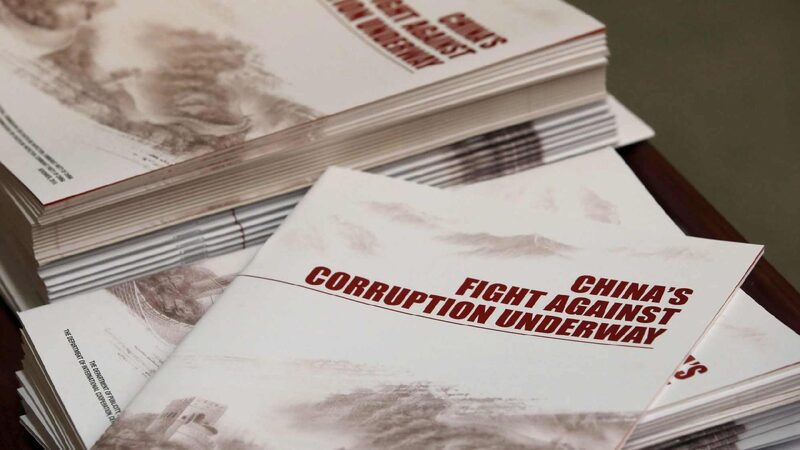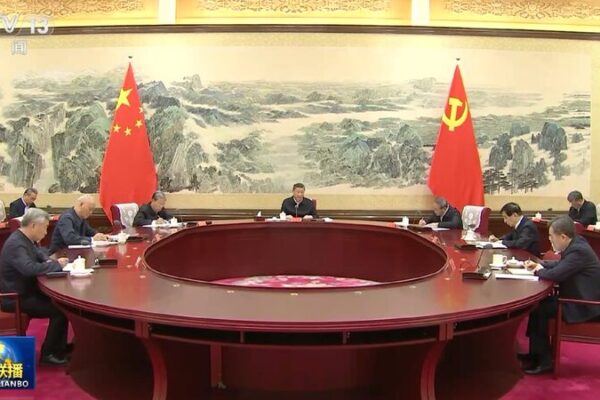China is intensifying its fight against corruption with a renewed commitment to zero tolerance for graft in any form. The 20th Central Commission for Discipline Inspection (CCDI), the Communist Party of China’s (CPC) top anti-corruption body, recently convened its annual session to set this year’s agenda.
According to the CPC’s constitution, the Party must “make comprehensive efforts” to ensure that “the fight against corruption keeps going.” Reflecting this mandate, Chinese leadership has emphasized the need to remain exceptionally vigilant in the anti-corruption battle.
Cracking Down in Critical Sectors
The National Commission of Supervision (NCS) reported that, as of December 2022, China has addressed 768,000 cases of misconduct and corruption directly impacting people’s livelihoods since the 20th National Congress of the CPC. A total of 628,000 individuals have been punished, and 20,000 have been transferred to judicial authorities.
Significant efforts have been made in key areas like health, education, and rural affairs. The NCS revealed that 23,000 individuals were disciplined for embezzling funds intended for student meals, manipulating food procurement bids, accepting kickbacks, and other irregularities.
In rural regions, authorities investigated 153,000 cases involving the mismanagement of collective funds, assets, and resources. This led to the punishment of 132,000 individuals for embezzlement and illegal disposal of collective property. In the healthcare sector, around 40,000 individuals faced disciplinary action for medical misconduct, with over 2,600 serious cases referred for prosecution.
“Tigers” and “Flies”: No One Is Above the Law
China’s anti-corruption campaign targets both “tigers” and “flies”—a metaphor for high-ranking officials and low-level functionaries involved in corrupt practices. Recent years have seen an increased number of high-ranking officials brought to justice.
Combating bribery remains a key focus. New measures have been introduced to address both bribe-taking and bribe-giving. As corrupt practices evolve, officials are finding innovative ways to conceal illicit activities.
To counter these sophisticated schemes, anti-corruption agencies are enhancing cooperation with public security, taxation, and auditing departments. They are leveraging advanced technologies like big data and cloud computing to uncover deeply rooted corruption.
Efforts to punish those who offer bribes have intensified. In recent years, watchdogs have investigated thousands of individuals for bribery, with many cases forwarded for prosecution. Additionally, China has succeeded in repatriating fugitives and recovering illicit assets from abroad.
Reference(s):
cgtn.com








